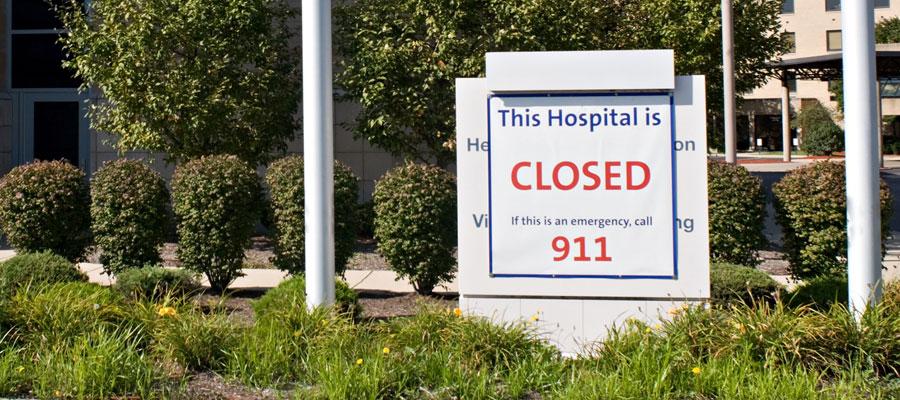GAO: Rural hospital closures more than double over five years

A total of 64 rural hospitals closed between 2013 and 2017, more than twice the number during the prior five-year period, according to a study released Friday by the Government Accountability Office. The closures disproportionately occurred in the South, among hospitals that received the Medicare Dependent Hospital payment designation and among for-profit hospitals, and were generally preceded and caused by financial distress, the study found. Contributing factors included a decrease in patients seeking inpatient care at rural hospitals and across-the-board Medicare payment reductions. Rural hospitals also were more likely to close in states that have not expanded Medicaid, GAO said. The study was requested by Sen. Claire McCaskill (D-Mo.), ranking member of the Committee on Homeland Security and Governmental Affairs, and Rep. Tim Walz (D-Minn.). AHA’s rural advocacy agenda calls for legislative and regulatory changes ranging from fair and adequate reimbursement to new models of care and regulatory relief to protect access to care in rural communities.

